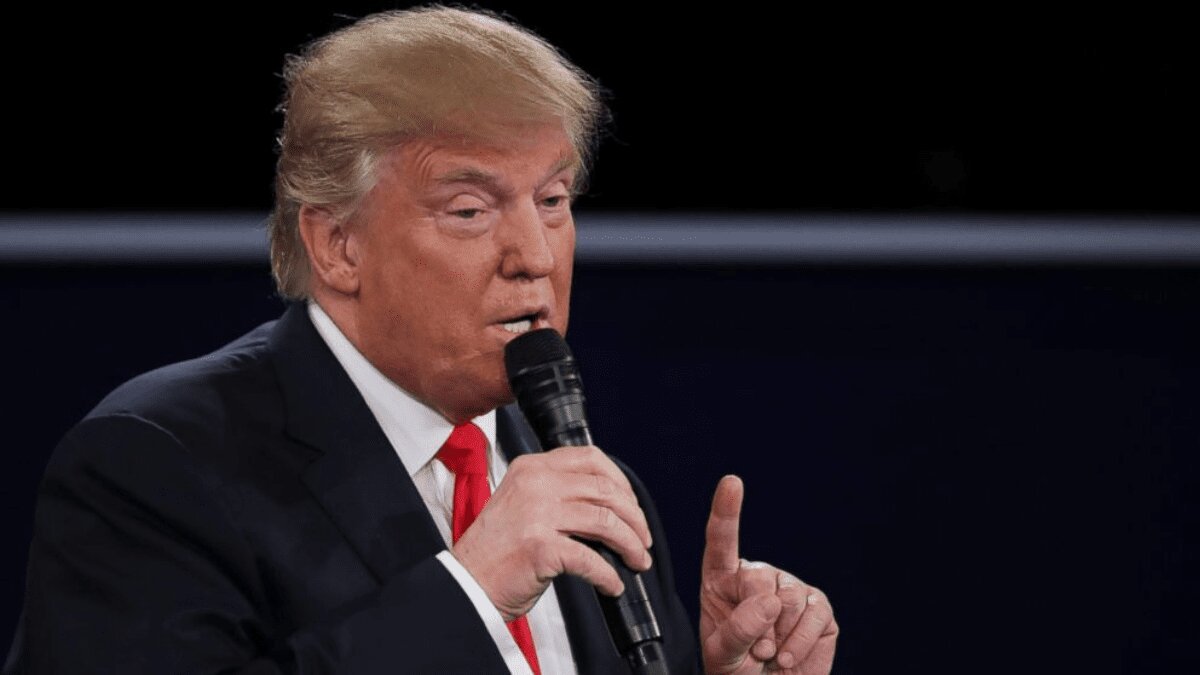The latest campaign finance disclosures, covering July through September, provide insights into the financial standing of GOP candidates in the 2024 presidential primary. Former President Donald Trump continues to dominate, raising $24.5 million in Q3, more than twice the amount of any other Republican candidate. Florida Gov. Ron DeSantis, often in the second slot in polls, raised around $11 million but faces concerns with his spending rate.
DeSantis has about $5 million in primary funds, significantly less than Trump’s $36 million. Nikki Haley, competing for the second spot, raised $8.2 million, with a lower burn rate, ending with $11.6 million available for the primary. The filing fee for the party-run caucus is $55,000, with candidates opting for a reduced fee of $35,000 through fundraising.
Mike Pence, facing challenges, cited limited resources in choosing the primary over the caucus. With only $1 million in the bank, Pence faces hurdles. Tim Scott, another contender, emphasizes the primary for more visibility but lags in polling.
The unique Nevada dual contests result from a conflict between state GOP and a 2021 law requiring a primary. While Democrats have adopted the primary, Republicans, led by the state GOP, insist on the caucus, where Trump maintains strong support.
In the Senate races, Democrats showcase strong fundraising numbers, with incumbents like Jon Tester and Sherrod Brown outperforming Republican opponents. Despite fundraising advantages, past instances show fundraising doesn’t always guarantee victories. In West Virginia, Joe Manchin’s low fundraising raises retirement speculations. Kari Lake enters Arizona’s primary, endorsed by Sen. John Barrasso, illustrating the fluidity of Republican challengers.
Pennsylvania sees hedge fund manager David McCormick, a potential candidate who invested heavily in the 2022 primary. Democratic incumbents like Bob Casey and Tammy Baldwin prepare for potential Republican challengers, emphasizing the importance of primaries in determining the ultimate candidates. The National Republican Senatorial Committee aims to recruit self-funders to counter Democrats’ fundraising advantage, yet primary outcomes remain uncertain after the 2022 experience.


